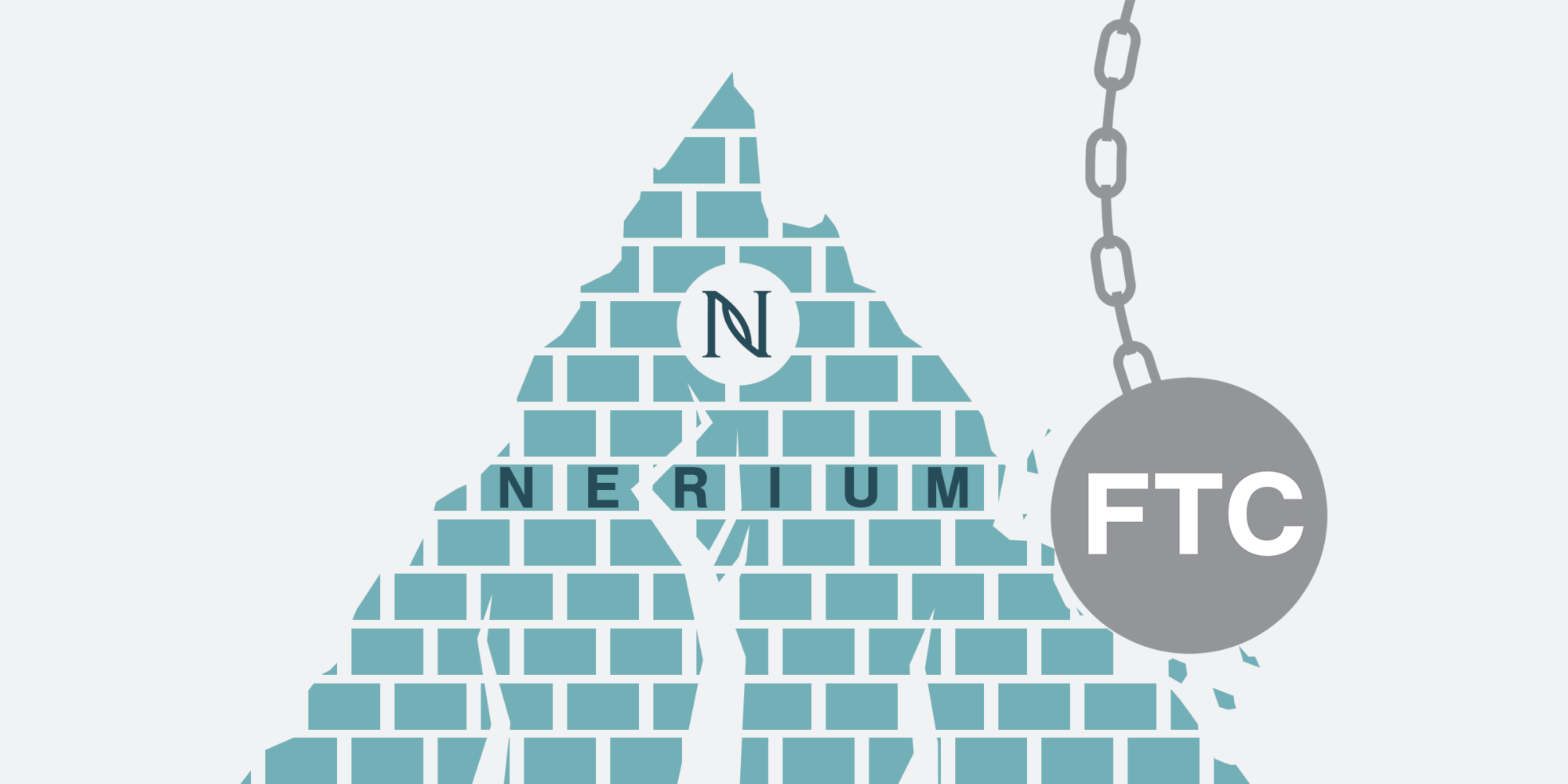
Court Rules that Success by Health Was a Pyramid Scheme
Court also finds that defendants made false and deceptive earnings claims.
TINA.org deconstructs how this proposed legislation really protects the industry.
| Bonnie Patten
The Congressional Committee on Energy and Commerce is reviewing a bill concerning pyramid schemes (H.R. 5230) that was introduced in the House of Representatives last week. Proponents of the bill claim that it will provide greater clarity to consumers and direct selling companies as to what is and what is not a pyramid scheme. But I simply don’t think that’s the case. First, when it comes to protecting consumers from pyramid schemes, the bill appears to do more harm than good. Second, a lot of ambiguous terms are used in this bill. For example, what does “original net cost” mean, or “marketable inventory,” and who gets to determine things like “appropriate set-offs” and what makes a set-off “appropriate”?
After hours of analysis and consultation with world-renowned pyramid scheme experts, TINA.org was able to shave down the layers of legalese and obfuscation contained in this bill and whittle it down to its essence. Below is our best take on what the drafters of this bill were really trying to say. Check back for further updates.
Court also finds that defendants made false and deceptive earnings claims.
Declarations in court filing read more like a legislative manifesto than remedies that could appropriately be issued by a court.
A recap of TINA.org pressuring Nerium to #GetReal


